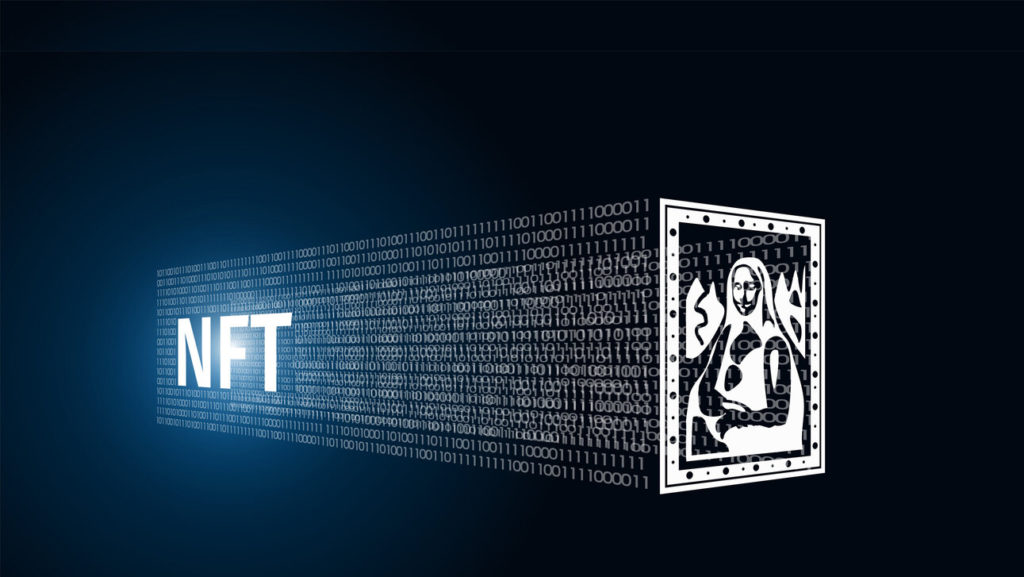The IRS has finally broken its silence on the taxation of nonfungible tokens (NFTs) – at least partially. Notice 2023-27 gives us some indication of how the IRS views NFTs and the analysis they are using to determine their taxation, but it does not give any definitive answers. The IRS is seeking public comment and its remarks so far indicate that NFT taxation will likely depend on the particulars of the NFT itself and what it represents.
IRS Breaks Silence on NFTs
On March 21, 2023, the IRS issued Notice 2023-27. These were the agency’s first comments about NFTs. In 2021 we wrote a four-part series of articles about NFT taxation, and we noted in each piece that the IRS had not issued any guidance. Those are linked below for reference:
- How Are NFTs Taxed?
- How Are Art NFTs Taxed?
- How Are Gaming NFTs Taxed?
- How Will Metaverse NFTs Be Taxed?
NFT sales have slowed substantially during the bear market, but they still represent a significant amount of trading volume. While this guidance has been highly anticipated, unfortunately it seems like we’re going to wait some more. Notice 2023-27 indicates a few main things. The IRS:
- Intends to treat some NFTs as collectibles
- Is using a “look-through analysis” to determine whether or not the asset is a collectible
- Is seeking public comment/feedback

Are NFTs Collectibles?
From our perspective, we’re glad that the IRS appears to be taking a nuanced approach to the topic. When we wrote our NFT series several years ago, most of the guidance from CPAs and tax professionals was that NFTs should be taxed as collectibles – all NFTs.
But that never made sense from our viewpoint, which is why we wrote four different articles taking a different stance. NFTs can represent a wide array of different things, some of which have zero connection to things traditionally classified as collectibles. That kind of blanket, one-size-fits-all treatment just wouldn’t make sense. The IRS notes this in the notice:
“An NFT is a unique digital identifier that is recorded using distributed ledger technology and may be used to certify authenticity and ownership of an associated right or asset. Ownership of an NFT may provide the holder a right with respect to a digital file (such as a digital image, digital music, a digital trading card, or a digital sports moment)1 that typically is separate from the NFT. Alternatively, NFT ownership may provide the holder a right with respect to an asset that is not a digital file, such as a right to attend a ticketed event, or certify ownership of a physical item.”
They later expound on this in discussing the look-through analysis:
“Under the look-through analysis, an NFT constitutes a section 408(m) collectible if the NFT’s associated right or asset is a section 408(m) collectible. For example, a gem is a section 408(m) collectible under section 408(m)(2)(C), and therefore an NFT that certifies ownership of a gem constitutes a section 408(m) collectible. Similarly, an NFT does not constitute a section 408(m) collectible if the NFT’s associated right or asset is not a section 408(m) collectible. For example, a right to use or develop a “plot of land” in a virtual environment generally is not a section 408(m) collectible, and therefore, an NFT that provides a right to use or develop the “plot of land” in the virtual environment generally does not constitute a section 408(m) collectible.”

NFT Taxation Still Unclear
Having some guidance from the IRS is a marked improvement from the complete silence up until this year. And it appears that the IRS is going to take a measured approach in determining what should be classified as a collectible. Both of those are positives.
But the notice only touches on that single aspect of NFT taxation. It does not touch on the other questions we raised in our previous articles (NFT amortization, ability to use as a business expense depending on the associated rights of the NFT, taxation within gaming, etc.) And the look-through analysis – like any other type of analysis – will have its limitations. NFTs are not always going to have such a clean, clearly delineated relationship to a single real-world asset as the examples the IRS provides. What If multiple asset rights are associated with a single NFT? What if some of them are tangible and some are intangible? How many levels deep will the analysis go/how close does the NFT’s relationship to a collectible asset need to be?
Unfortunately, all of these are questions that continue to be left unanswered. But – for better or for worse – that is also not altogether surprising. In our 12/02/2021 article we noted that “we believe it will take years if not decades to litigate.” Even when the IRS does issue concrete guidance, it is very likely to be challenged in court. Some degree of uncertainty around NFT taxation is probably going to persist for quite some time.
Any accounting, business, or tax advice contained in this communication, including attachments and enclosures, is not intended as a thorough, in-depth analysis of specific issues, nor a substitute for a formal opinion, nor is it sufficient to avoid tax-related penalties.


